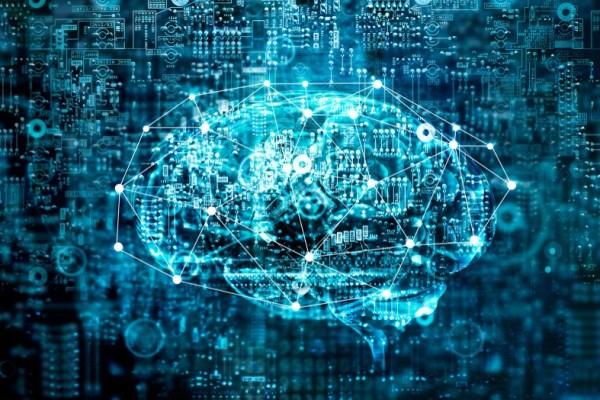Existing data privacy laws already regulate data-related aspects of AI
07/06/2023 | IAPP
The widespread growth of OpenAI's ChatGPT and other artificial intelligence (AI) platforms has shown the potential of AI for businesses and investors. ChatGPT is a machine-learning model that allows users to ask questions and receive answers in a conversational manner. Although ChatGPT has gained much attention, other types of AI have been in development and use for some time.
The rapid rise of AI raises concerns about legal and privacy frameworks, with the possibility of new laws, regulations, and policies. However, existing data privacy laws already regulate many aspects of AI. Data protection laws already regulate the collection, use, disclosure, cross-border transfer, and processing of data about identifiable individuals and provide data privacy rights for individuals.
Furthermore, rushing to adopt new regulations may hinder innovation and prevent the realisation of AI's benefits for individuals, the economy, and society.

What is this page?
You are reading a summary article on the Privacy Newsfeed, a free resource for DPOs and other professionals with privacy or data protection responsibilities helping them stay informed of industry news all in one place. The information here is a brief snippet relating to a single piece of original content or several articles about a common topic or thread. The main contributor is listed in the top left-hand corner, just beneath the article title.
The Privacy Newsfeed monitors over 300 global publications, of which more than 6,250 summary articles have been posted to the online archive dating back to the beginning of 2020. A weekly roundup is available by email every Friday.

